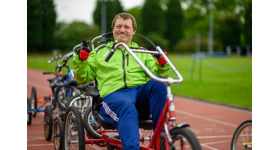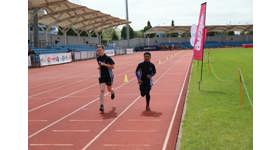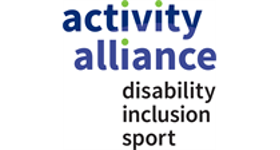Search Results For Data and learning
Data and learning: Long Term Disability and Health Conditions
Those with long term health conditions are half as likely to be active than those without, however, we know that moving a bit more can help prevent some, and manage many, chronic conditions. It can also help reduce the severity or impact of some symptoms. People with long term health conditions face unique barriers related to their condition, as well as societal barriers and a fear that being active might make their health issues worse. It is therefore important to work with communities to co-design solutions that address the specific barriers faced by people with long term health conditions. Here you will find the latest research related to the physical activity and sport levels, motivations and barriers of those with long term health conditions and disabilities.
Data and learning: Long Term Disability and Health Conditions
Those with long term health conditions are half as likely to be active than those without, however, we know that moving a bit more can help prevent some, and manage many, chronic conditions. It can also help reduce the severity or impact of some symptoms. People with long term health conditions face unique barriers related to their condition, as well as societal barriers and a fear that being active might make their health issues worse. It is therefore important to work with communities to co-design solutions that address the specific barriers faced by people with long term health conditions. Here you will find the latest research related to the physical activity and sport levels, motivations and barriers of those with long term health conditions and disabilities.
18 results found

A detailed breakdown of the latest Active Lives research exploring the differences in activity levels by disability and long term health conditions across Greater Manchester.

New research examines motor competence in children and young people with a visual impairment.

Almost half of disabled people (47%) fear losing their benefits if they are seen to be physically active, according to new research published by Activity Alliance.

Activity Alliance have just released their Annual Disability and Activity Survey, the fieldwork for this latest edition took place from June to September 2020. This was a period during the pandemic when restrictions were being eased and included the lifting of shielding advice on 1st August.

New research from the Activity Alliance has highlighted the differences in activity levels and perceptions of sport and physical activity

UCL is conducting a large scale research project throughout the Covid-19 pandemic and are exploring the effects of the pandemic on the population. This is being done by examining a variety of social factors, including physical activity, and looking at changes through weekly surveys.